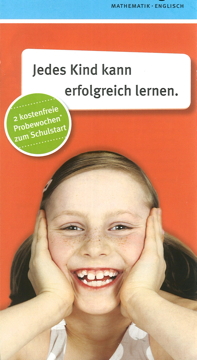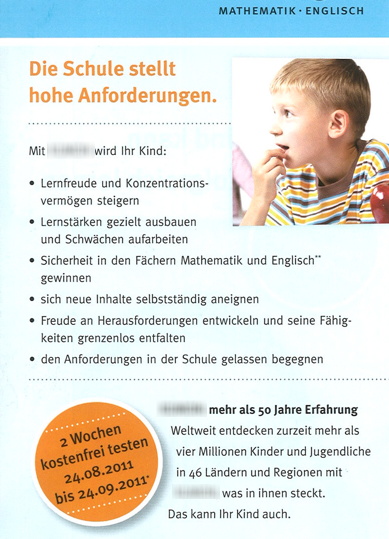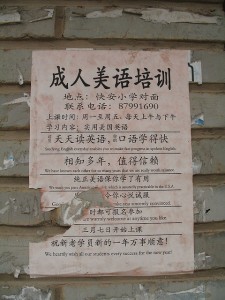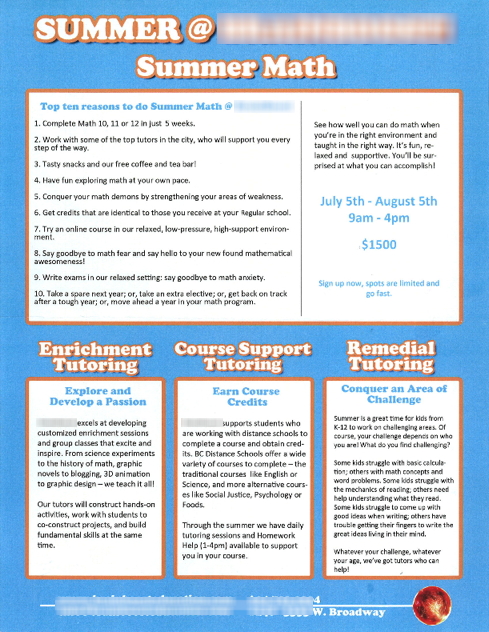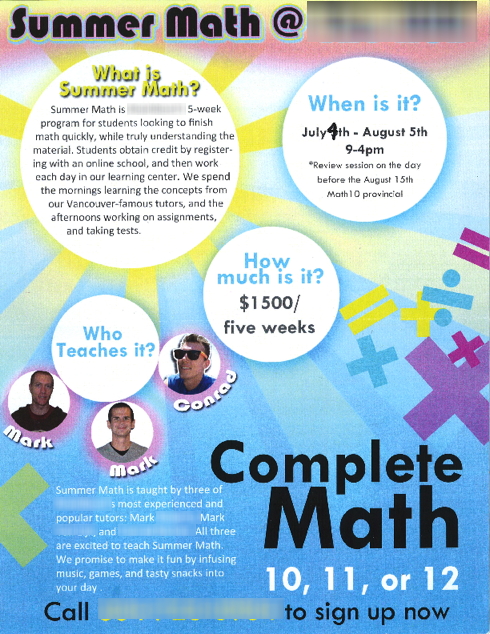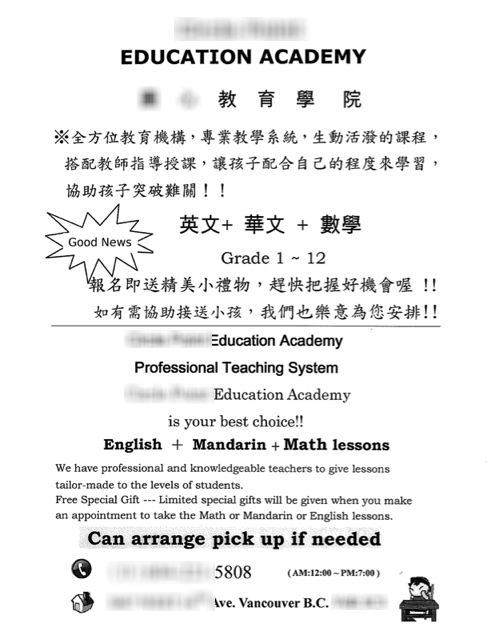Juku are currently not, nor have they been regulated in their function as education providers. They merely operate as any other service business would, i.e. with a business license.
The only regulation that has an impact on juku in terms of their teaching function is that teachers at public schools (in their role as public servants) cannot work at juku.
This is in contrast to other countries, for example South Korea, where supplementary education institutions are regulated as education providers not mere businesses.
In the South Korean case, hagwon are regulated primarily to attempt to reduce the impact that fee-based education has on access to education and thus on (in)equality. Attempts to regulate hagwon have stretched form an outright ban, to limits on fees that can be charged and hours of operation.
Similarly, in countries like Turkey where school teachers are directly involved in the provision of supplementary education, regulation is aimed at keeping track of hours worked by teachers in their regular school function as opposed to their supplementary education role.
Not only are juku not regulated in Japan, but the Ministry of Education continues to ignore them, at least officially when it comes to policy-making. Surely, some of the employees of the Ministry cannot have their heads buried so deep in the sand that they do not know about or acknowledge the existence of juku, especially as juku operators like to point out that bureaucrats are among the professions who are virtually guaranteed to send their children to juku.
I agree entirely with Mark Bray who has pointed out in several of his publications that it would behoove policy-makers to have an accurate sense of who is availing themselves of supplementary education, for what purposes, in what subjects, for how long and with what financial and equity consequences.
If policy-makers were to decide to address supplementary education based on an understanding of its operation, regulation could potentially focus on a) consumer protection, b) educational standards, or c) health and safety.
Consumer Protection
When it comes to quality assurance and consumer protection, there have been periodic discussions in Japan of encouraging or even requiring some kind of certification of instructors at juku. This would surely be welcomed by corporate juku, especially if the training required for certification would be relatively costly, but not intrusive on teaching methodologies, etc. Given the setting of the juku industry, a standardized examination comes to mind as an obvious solution, and corporate juku would surely begin to offer courses to prepare candidates for this examination within hours of its creation.
For smaller juku who rely on casual labour to a greater extent, certification would be yet another costly barrier to their operation. The introduction of some kind of certification may thus hasten the demise of smaller juku who may well be the more likely source of substantive innovation than corporate juku who are beholden much more to economic drivers in their operations.
Oddly, teacher certification or at least some kind of indication of any kind of teacher training does not seem to be demanded by parents, nor students, so any impetus for such regulation does not seem to be coming from consumers themselves.
Educational Standards
Another area of quality assurance and consumer protection would be a requirement to document the efficacy of juku offerings. This would obviously be very difficult in a situation where 塾生 are free to enrol and leave a specific juku at will.
Some kind of accounting for the efficacy of juku instruction would address consumer protection concerns as much as it would a concern for the quality of education provided and thus its contribution to national development.
Elsewhere I write about attempts to measure the impact of supplementary education. It would require a huge public effort to implement some kind of testing system that would give parents and students a real indication of any contributions that particular juku might make to the education of a student. This testing system would likely become such a monstrous beast in and of itself, especially in a system that is already rife with testing, though this would also mean that few parents or operators might object, that it would not seem to be worth the effort of offering more sophisticated consumer information.
In my mind these considerations demonstrate the absurd ends to which arguments for accountability can be taken.
Health & Safety
Addressing health and safety concerns related to children’s participation in supplementary education seems the most straight-forward measure to take. This seems to be, in fact, the approach that authorities in Taiwan and Hong Kong are taking, where they require the registration of juku as such and address safety standards through local regulation. Some possible measures could include regulation of maximum number of students per classroom (as in Hong Kong), minimum space and furniture standards for students, some kind of ombudsman role to report abuses, etc.
Many juku have implemented CCTV systems on their premises to assure students’ safety and they also offer systems that address safety (and truancy) concerns regarding students’ commute to and from juku. It has always struck me as ironic that the area of most active self-regulation on the part of juku seems to be the commute to and from the juku when crime rates and real dangers to students are in fact very low.
In another post, I write about challenges to regulating juku.

